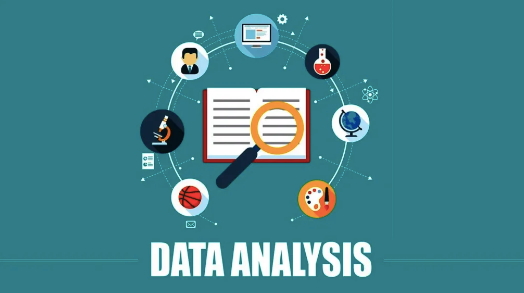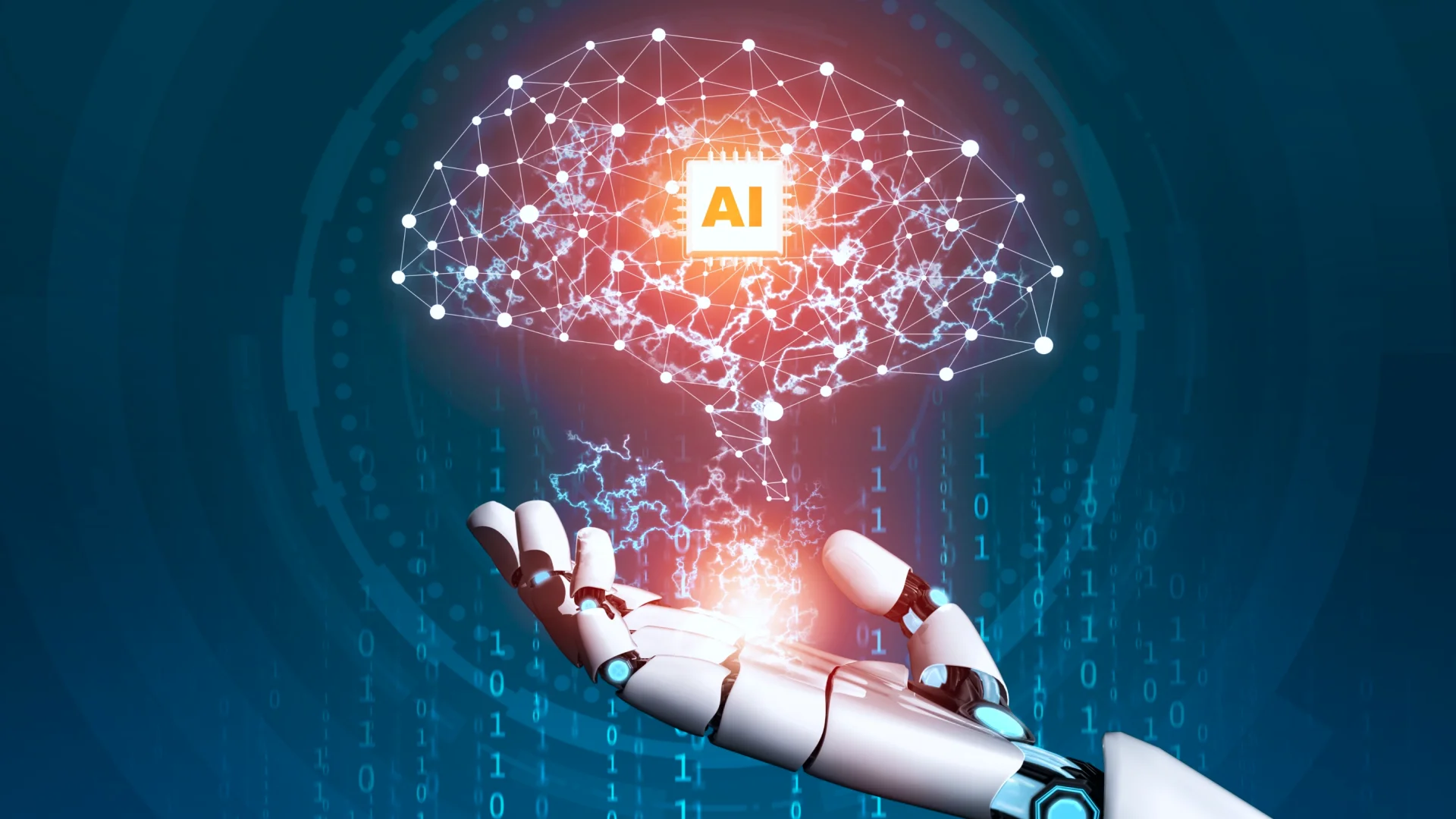In today’s rapidly evolving tech landscape, AI is transforming how businesses make decisions. Yet, the role of data analysts remains crucial in this AI-driven environment. From Lagos to Abuja, companies are increasingly relying on data analysts to collaborate with AI systems and enhance decision-making processes. Let’s explore how this partnership works and why it’s so essential.
Integrating Data Analysts with AI Systems
Data analysts play a pivotal role in bridging the gap between raw data and AI systems. Their expertise in data manipulation and interpretation is crucial for feeding AI algorithms with high-quality data. Analysts clean, structure, and prepare data, ensuring that it’s accurate and relevant for AI models to process.
For instance, in cities like Port Harcourt, businesses might use AI to forecast market trends. Data analysts would be responsible for curating historical data, identifying key variables, and ensuring that the data fed into the AI system is comprehensive and free of biases. I’ve found that this meticulous preparation is vital for the accuracy and effectiveness of AI-driven insights.
Enhancing AI Models with Domain Expertise
While AI systems are excellent at identifying patterns and making predictions, they lack the contextual understanding that data analysts bring. Analysts use their domain expertise to interpret the results generated by AI models and provide actionable insights.
For example, in the finance sector, a data analyst might work with AI to detect fraudulent transactions. While AI can identify anomalies, the analyst’s role is to interpret these anomalies in the context of current fraud trends and business operations. This collaboration ensures that decisions based on AI insights are grounded in real-world understanding, leading to more effective strategies.
Communicating Insights to Stakeholders
Data analysts are also key in communicating AI-driven insights to stakeholders. They translate complex AI-generated data into understandable reports and visualizations, making it easier for decision-makers to act on the findings. This step is crucial for ensuring that AI insights are effectively utilized to drive strategic decisions.
In tech-savvy environments like those in Abuja, data analysts create dashboards and presentations that highlight key trends and predictions from AI systems. By presenting these insights clearly, analysts help businesses make informed decisions and strategize effectively.
Continuous Improvement and Feedback
The relationship between data analysts and AI systems is dynamic and iterative. Analysts provide feedback on the performance of AI models, helping to refine and improve them over time. This continuous loop of feedback and adjustment ensures that AI systems remain accurate and aligned with business objectives.
For instance, if an AI model used for customer segmentation is not delivering the expected results, data analysts will review and adjust the data inputs and model parameters. This ongoing refinement process is essential for maintaining the reliability and relevance of AI-driven insights.
Conclusion
The collaboration between data analysts and AI systems is crucial for enhancing decision-making processes in businesses. By integrating their expertise with AI, analysts ensure that data is accurately prepared, insights are contextually interpreted, and findings are communicated effectively. This partnership drives strategic decisions and helps businesses leverage AI to its fullest potential.
Visit our website to find the course and start mastering the Data Analysis together with AI collaboration today!








